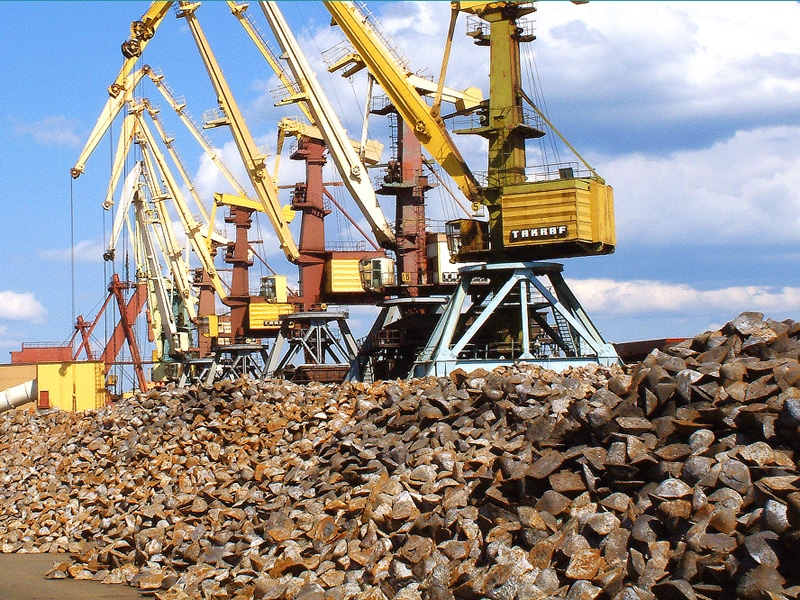Sleepy CIS merchant pig iron trade has stirred up with just one sale in the past week, when a trader sold a very long position to a buyer in Latin America, Kallanish notes.
A 30,000-tonne cargo was contracted by a Peruvian buyer for June loading, at $550/tonne fob Black Sea. The lower-than-apparently-workable price level reflects the length of the position, which was taken in January, according to market participants. The renewed rise in freight rates is also likely to have contributed to the gross deal value, they add.
Although CIS suppliers are currently absent from the market due to holidays, offer indications remain at last week’s wide range of around $570-630/t fob, depending on volume, destination and quality. In the absence of bids, offers to the US are perceived at around $590-610/t cfr, while Mediterranean buyers are facing around $600/t cfr as a tradeable price for regular basic pig iron (BPI).
With domestic US scrap increases at a maximum of around $20/t for obsolete grades, there is expected to be ongoing resistance to book CIS material at the offered levels. The US was not heard to have booked any pig iron in the past week, and the situation is only likely to change if competition for purchases, for example from China, increases.
The prospect of China entering the market imminently is thin, however, despite iron ore exceeding $200/t cfr on Thursday and prices for other products moving up, but it is not completely ruled out.
CIS suppliers are aware of this, and, considering the iron ore dynamic and the country’s direction to continue reducing hot-end production, are likely to stick to their offers for now. “When China enters the market, it sweeps pretty much all there is to buy,” one participant observes. Thus far, India is offering to China and the US, at around $550-560/t fob, up around $10/t on last week, but the pandemic resurgence is clouding sales opportunities, amid non-delivery concerns, traders note.
CIS availability may also become an issue considering roaring domestic steel trade in Russia. The pig iron not used in steel production to satisfy continuously strong demand for semi-finished, flat and now long steel in domestic and export markets, can be offered on short lead times at attractive prices.
Meanwhile, Brazil appears to be sticking to offers at $570-580/t fob, and looking at a wider geographical pool of buyers, to include the eastern hemisphere. Mediterranean buyers are understood to be exploring Brazilian supply, sources note, so sales may be expected in the coming week.






